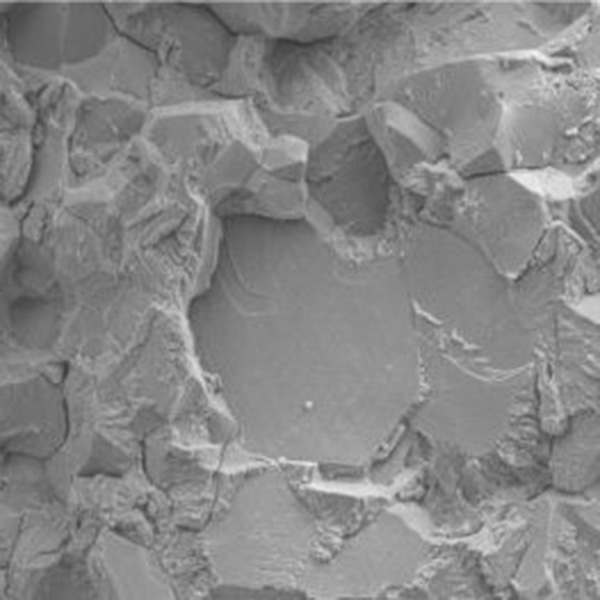
The seminar deals with all areas of technology in which such hydrogen problems occur. The necessary fundamentals are covered, as well as the recognition of hydrogen damage and analytical proof.
The university practical course is aimed at technicians and engineers who wish to extend their knowledge of investigation methods with regard to quality assurance and damage analysis.
Scientific director: Prof. Dr.-Ing. Michael Pohl, Ruhr University Bochum
For further information and to register, please visit https://www.wp.rub.de/aktuelles/hochschulpraktikum_wasserstoff/referenten/
![[Translate to English:]](/fileadmin/_processed_/f/0/csm_logodgm-4_b2722eeace.png)
![[Translate to English:]](/fileadmin/user_upload/logodgm-4.png)